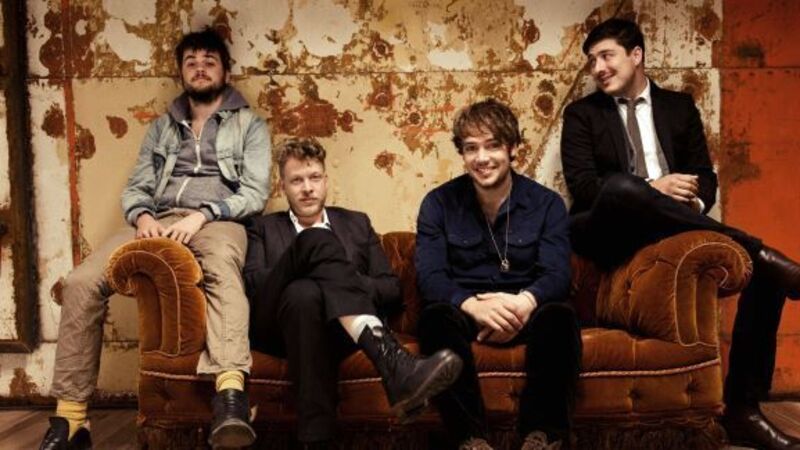Gilt-edged Babel

MARCUS Mumford says his band, Mumford and Sons, have been embraced so enthusiastically in America “because everyone out there thinks we’re Irish. You go out there and you discover that Americans fucking love the Irish — loooove them.”
The privately educated Londoner sounds incredulous. Mumford remains more than a little astonished at his “little group’s” success. When Mumford and Sons released their debut, Sigh No More, in late 2009, it seemed laughably improbable they would become a five-million record-selling stadium outfit.











